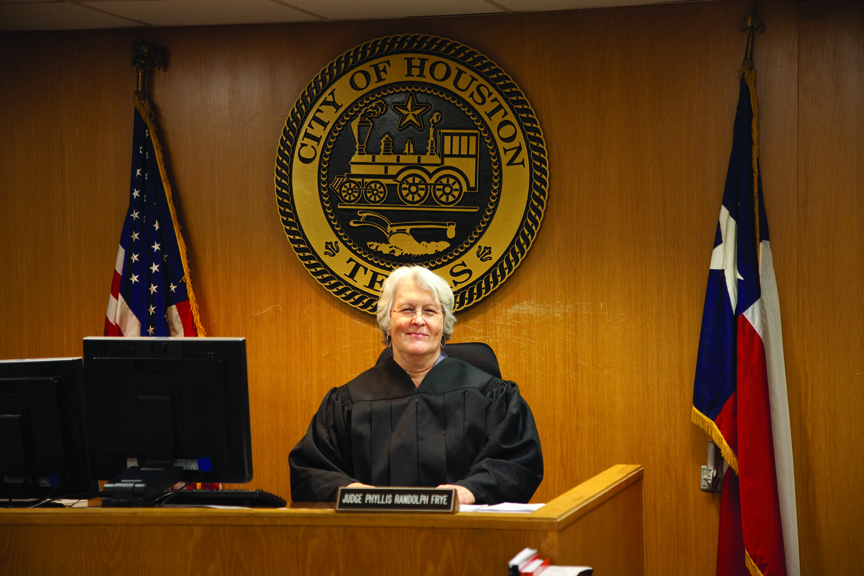A marked change is taking place in workplace demographics across the country that has employers scrambling to leverage the advantages of generational diversity to sustain business beyond the retirement of its most experienced and knowledgeable Baby Boomer leaders.
For years, companies focused on managing younger generations of employees, but with 34% of today’s managerial roles occupied by Millennials, that ship has sailed. Today’s corporate focus targets organizational brainpower and how to effectively shift it to new groups of younger and more culturally diverse managers and employees.
This process, however, is fraught with generational nuances and creates a challenging dynamic for corporations both large and small. “It isn’t just being able to transfer data from one person to another, it’s the communication itself. That’s the bigger part of the struggle because they both understand the concepts that need to be transferred. Many companies are struggling because people from these generations communicate differently, have different ideals and ways of looking at the world,” Eric Trevino, CIGNA director client management and national co-lead of CIGNA’s Hispanic/Latino colleague resource group, says.
“Stylistically, how people want to work, their dedication to work, the concept of what work is and what life is—it’s dramatically different depending upon where people fit into the population,” Katrina Villarreal, senior vice president and director of operations for Lee Hecht Harrison, a global leader in talent development, executive coaching and outplacement, says.
Baby Boomers came up through a cutthroat, competitive business culture that produced dogged work ethic and promoted company loyalty. Millennials, on the other hand, don’t thrive head-to-head. Collaborative effort, sharing and teamwork are where they and Gen Xers excel and they expect better work/life balance. Gen Xers rebuff the traditional 8 to 5 opting for remote work opportunities and Millennials expect socially conscious workplaces.
Not only understanding these generational differences, but also embracing and leveraging them is essential to accomplish corporate goals. “You need the Emotional Intelligence to realize that this isn’t easy for most people. It isn’t easy for the Millennial to get the information out of the Baby Boomer or for the Baby Boomer to get it to the Millennial without getting frustrated,” Trevino says.
Outside consultants like Lee Hecht Harrison help cultivate generational acceptance and understanding and bridge communication gaps by defining common ground and implementing two-way mentoring programs that illustrate the value each generation provides the other.
Baby Boomers, for instance, give guidance that can only be learned through experience and help protect Millennials from over sharing. “While Millennials are teaching Baby Boomers a bit about how to live and how to look at retirement in new ways. Now they aren’t just going to retire, maybe they will do a little consulting, volunteer work or come up with a second career that adds a little more ‘life’ to their work/life balance,” Villarreal says. Older generations can also leverage the tech savvy of Millennials to advance their future goals.
For companies to succeed they often bring in outside consultants to get the conversation started between generations. It’s important to legitimize the data-sharing program by naming it and Trevino says, “Embrace it and sell it to the employee. Those companies that do are more successful and it works much better.”
Navigating the changing demographics of today’s multigenerational workplace takes a nimble, proactive corporate mentality that’s willing to start sometimes difficult discussions and ditch the idea that the effective communications will just fall into place. Instead, corporations should guide employees and help these very different, yet equally skilled generations get to know one another by implementing two-way mentorship opportunities. Doing so offers something for everyone and can take the company effectively into the future.
Beth Douglass Silcox is a freelance writer and reporter with 25 years experience. She has written for a variety of nationally distributed entrepreneurial, business, personal development and self-help magazines, including SUCCESS, Success from Home, Success for Women, Making It Work At Home, Empowering Women, Empower, Healthier You and Your Business At Home. She has profiled celebrities, including professional cook and author, Rachael Ray; Survivor host, Jeff Probst; entrepreneur and inventor of Spanx undergarments for women, Sara Blakely; and motivational speaker and author, Stedman Graham.






